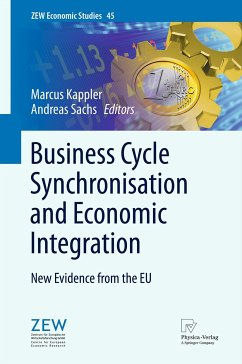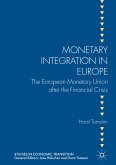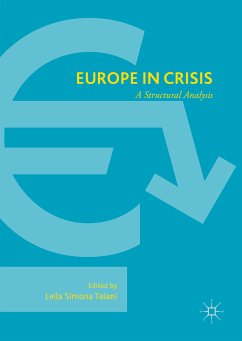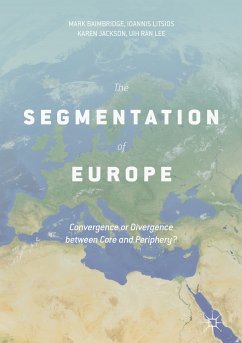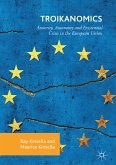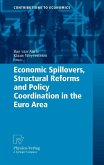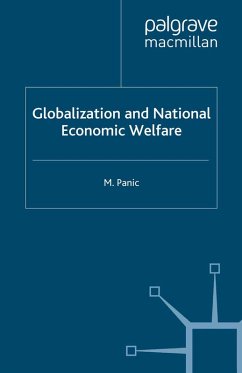This book offers the reader a state-of-the-art overview on theory and empirics of business cycle synchronisation, structural reform and economic integration. Focusing on the ongoing integration process in the euro area and the EU, it analyses the economic integration that has taken place since the 1980s and which is marked by the advent of the euro and the substantial enlargement that resulted from the accession of 12 new Member States in Eastern and Southern Europe.¿
Dieser Download kann aus rechtlichen Gründen nur mit Rechnungsadresse in A, B, BG, CY, CZ, D, DK, EW, E, FIN, F, GR, HR, H, IRL, I, LT, L, LR, M, NL, PL, P, R, S, SLO, SK ausgeliefert werden.
Hinweis: Dieser Artikel kann nur an eine deutsche Lieferadresse ausgeliefert werden.

